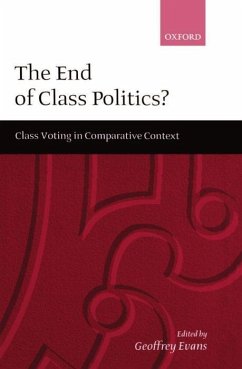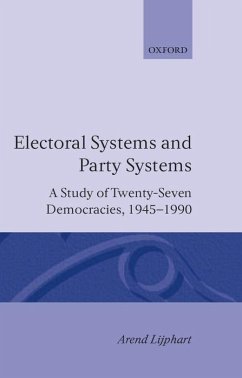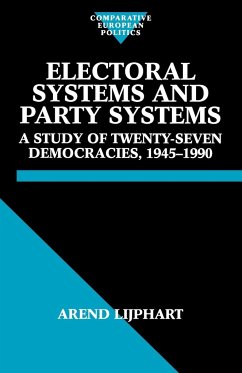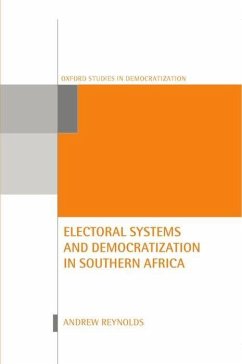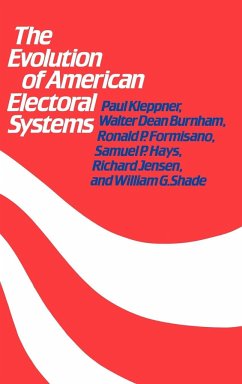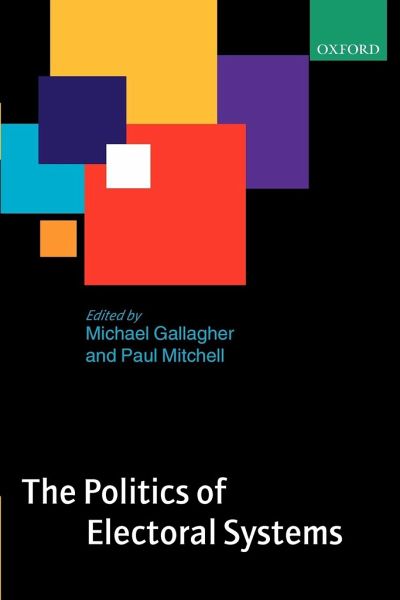
The Politics of Electoral Systems

PAYBACK Punkte
36 °P sammeln!
This ground-breaking book is the first in over 20 years to examine the operation of electoral systems in 22 countries. This thoroughly comparative volume containing contributions from world-class experts seeks to place often highly technical debates about electoral systems in their real national contexts.





